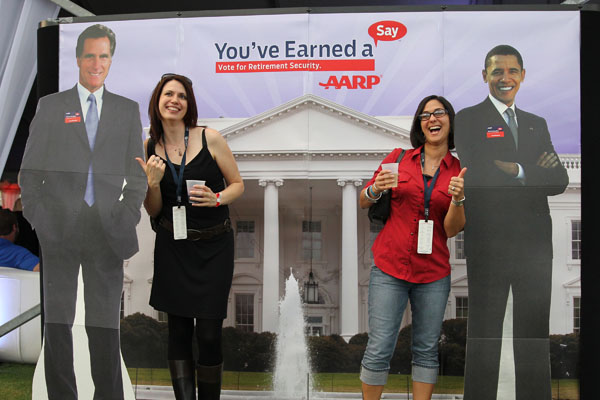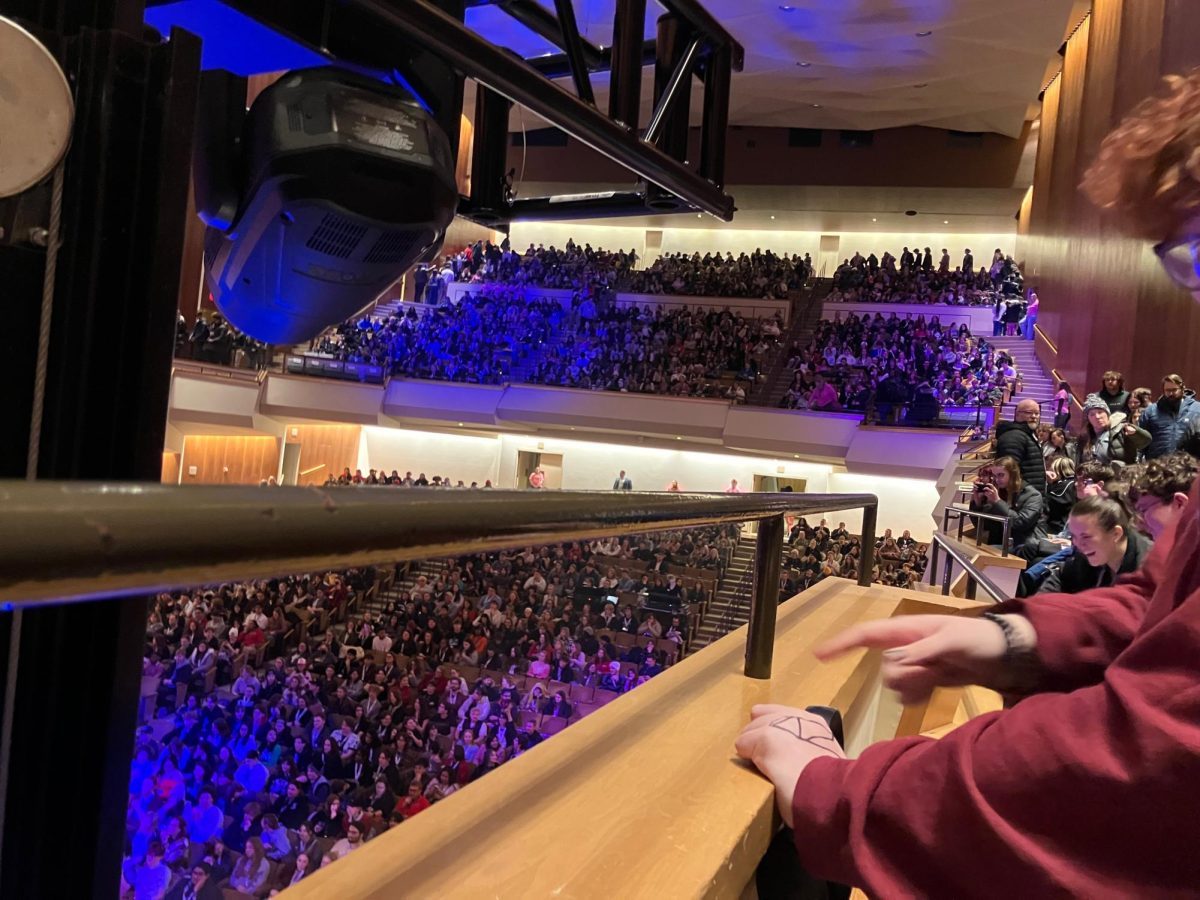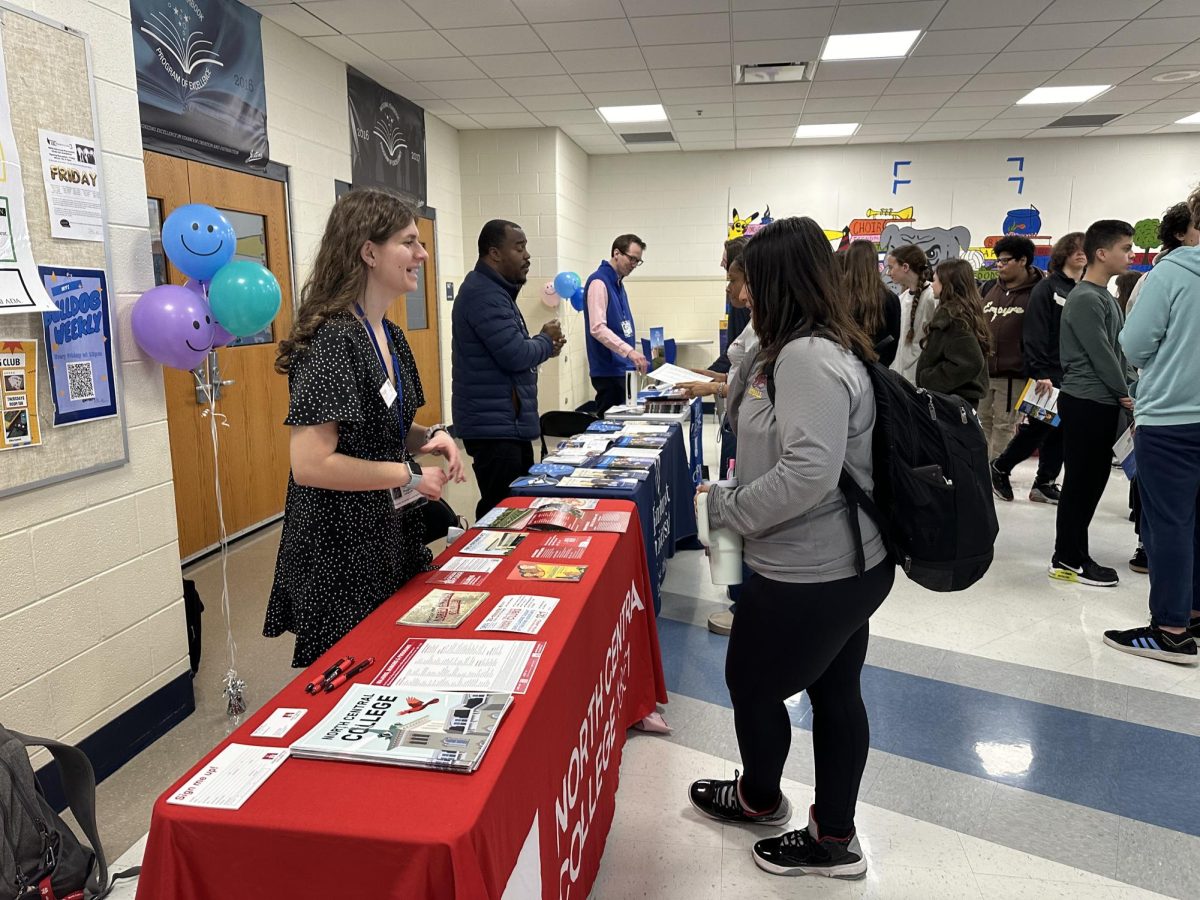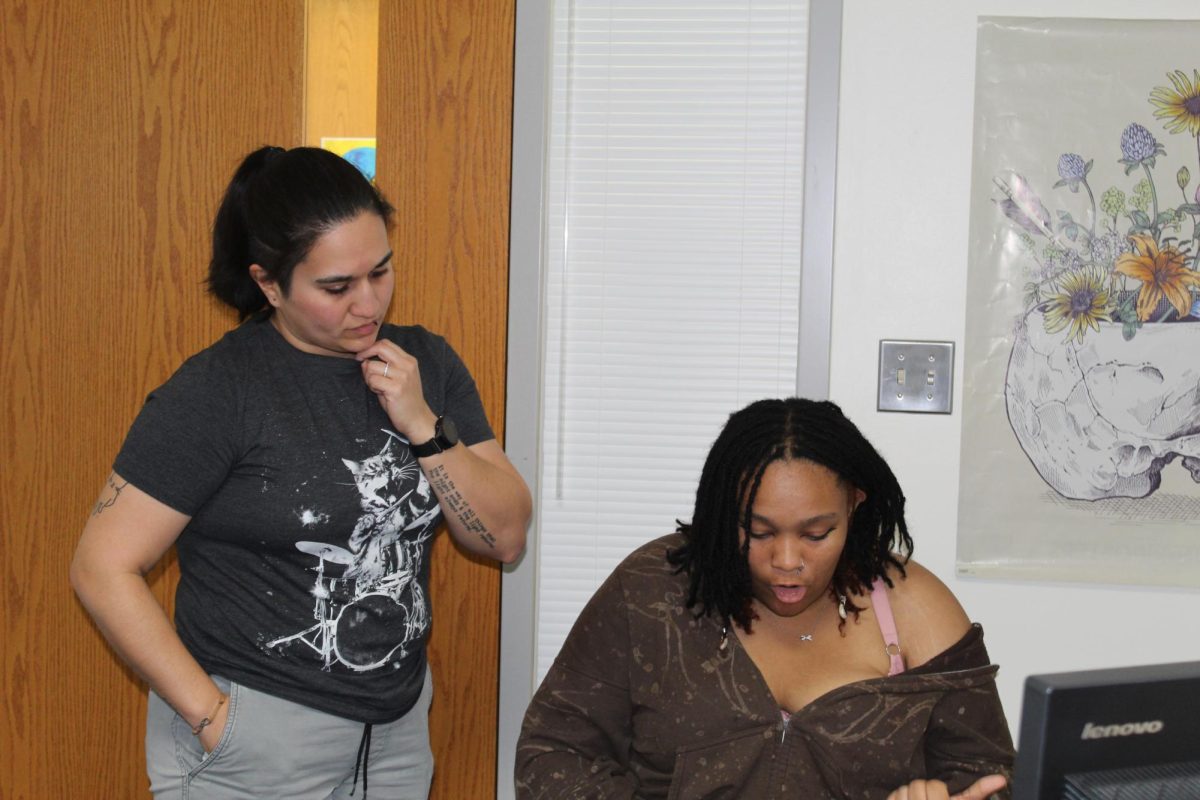
As we get closer to the election, it seems like we cannot turn on our TVs and not come across a political advertisement. They all seem to follow the same format: sinister music, unsettling black-and-white pictures, and the overall goal of trying to make the other candidate seem like a mass murderer.
When it comes to the election, it seems that people should choose a candidate based on their beliefs. Preference to a candidate should be deeply rooted, not something that can be changed by a political advertisement. Yet as we see a record number of political ads this year, it is important to consider how big of a role they play on voter decisions, and why this should not be the case at all.
According to a recent National Public Radio report, the number of political ads this year has already far surpassed the number of political ads in both the 2004 and 2008 presidential elections. During this year’s presidential race, over $90 million has been spent on television ads between Mitt Romney and Barack Obama so far. Furthermore, on both sides, the majority of the ads aimed to attack the other candidate, rather than showing the merits of voting them or telling what they would do if elected.
In this age, the public is influenced greatly by media, but it may seem like youth are especially impacted. I feel that political ads on television shouldn’t carry as much weight in the election as they do. Because they are so short, they typically don’t tell all the facts. In addition, it is important that voters go beyond viewing political ads when deciding who to vote for. Most of the claims that they make are greatly exaggerated, if not completely untrue. One of the major problems cited in this year’s election is the lack of specifics on both sides. Political ads often make broad generalizations and seldom give enough details about the candidates for one to make an informed decision.
If it seems like our televisions have been taken over by political ads, I can only imagine how bad it is in swing states like Florida. As the candidates try to win over undecided voters, the public is bombarded by ads.
There is no quick solution to the problem. There will always be political ads during election years, whether we like it or not. However, one step that can be taken is holding candidates more responsible for the truth of their advertisements. Similarly, stations should be allowed to refuse to air ads that make false claims. Several nonpartisan groups, such as Free Press, are already advocating for this.
But the most important changes happen at the individual level. We, as a society, need to become better at forming our opinions based on solid facts rather than political ads. People can stay more informed about politics by using more in depth resources, like reading news articles or watching the presidential debates. If we don’t allow our opinions to be swayed by biased, untrue commercials, it will equate to a better informed public.












